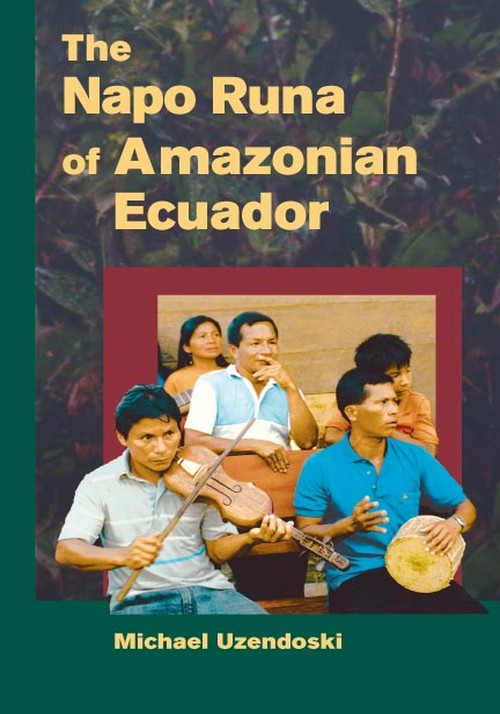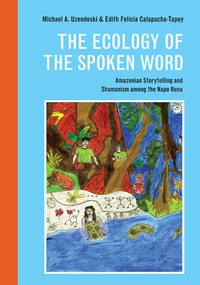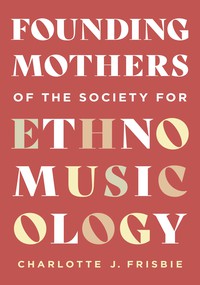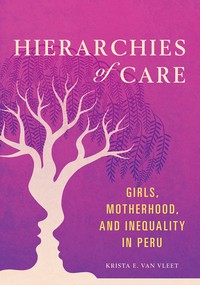
The Napo Runa of Amazonian Ecuador
Cloth: 09/12/2005
About the Book
Michael Uzendoski's theoretically informed work analyzes value from the perspective of the Napo Runa people of the Amazonian Ecuador.Based upon historical and archival research, as well as the author's years of fieldwork in indigenous communities, The Napo Runa of Amazonian Ecuador presents theoretical issues of value, poetics, and kinship as linked to the author's intersubjective experiences in Napo Runa culture. Drawing on insights from the theory of gift and value, Uzendoski argues that Napo Runa culture personifies value by transforming things into people through a process of subordinating them to human relationships. While many traditional exchange models treat the production of things as inconsequential, the Napo Runa understand production to involve a relationship with natural beings (plants, animals, and spirits of the forest) that they believe share spiritual substance, or samai. Value is the outcome of a complicated poetics of transformation by which things and persons are woven into kinship forms that define daily social and ritual life.
About the Author
Michael A. Uzendoski is a professor in the Department of Anthropology, History, and Humanities at the Facultad Latinoamericana de Ciencias Sociales (FLACSO), Ecuador, and the author of The Ecology of the Spoken Word: Amazonian Storytelling and Shamanism among the Napo Runa.Also by this author





